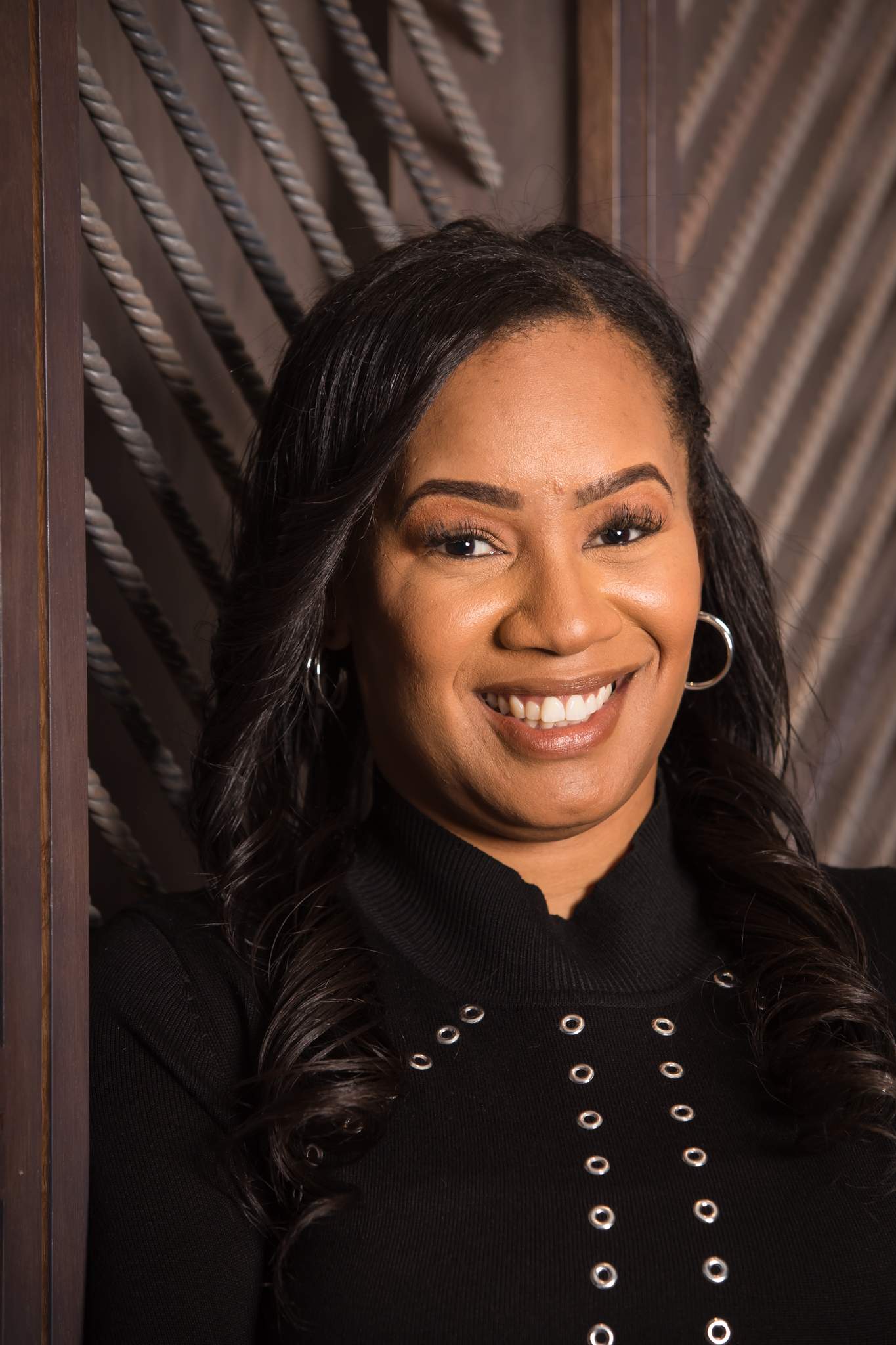Have you ever heard of imposter syndrome? Did you know that over seventy percent of the population has experienced it, and that it’s more prevalent in people of color? and guess what… If you just so happen to be a woman and melanated, you’re twice as likely to be dealing with this. The reason being is because as minorities, on a regular basis, we are receiving messages from society, the media and in the places we work, that we don’t truly belong there.

Honestly, I didn’t know that this was a real thing until I was in conversation with other like-minded and like-hearted women, and I heard it being tossed around. I was familiar with feeling out of place or like I didn’t belong, however I didn’t know there was a term for it. So, what exactly is “imposter syndrome” you ask? And, how do I manage it? Say no more and keep reading this article to learn what it is and how to really manage it both personally and professionally.
One definition that I found in an article in the Harvard Business Review defined it as “a collection of feelings of inadequacy that persist despite evident success”. It’s a chronic feeling of self-doubt, and a sense of fraud that overrides any feelings of success or external proof of competence in general. It’s really just this feeling that you don’t belong “here”.
Whether it’s the company you work for, a specific friends group, in a classroom, or even the relationship you’re in. Regardless of the degrees you have, the way you show up as a friend, the experience that you have, you just can’t shake the thought or the feeling that you’re not as capable, deserving of or not good enough to be where you’re at. Although the technical term was new to me, imposter syndrome really started being discussed about 40 years ago by two psychologists, Pauline Rose clamps, and Suzanne Imes. While they determined it affects both men and women, a physician named Valerie young took it a step further and created a book called The Secret Thoughts of Successful Women, where she talks about five different types of imposters in particular:
The Perfectionist
This is where you have very high expectations for yourself. Even if you make really, really small mistakes, it’ll make you feel like a failure.
The Superwoman/Superman
This is for all of us who put in long hours and are team no sleep. We don’t take days off. And we feel like we have to succeed in every single area of our life in order to prove thaat we are the best.
The Natural Genius
If you fall in this category, you’re really used to things coming easily to you. When things get too hard or you don’t master it on the first try, you feel ashamed and consumed with self-doubt.
The Soloist
This is the one who does not like to ask for help because when you do, you feel like a failure or a fraud. I think of it as team Beyonce: “Me myself and I, that’s all I got in the eeeeend….”, but the truth is that’s not sustainable, sis!
The Expert
Now this is the person who continuously seeks additional certifications and training because they feel like they’ll never really know enough and they need to know more just to truly be qualified.
How it Impacts You at Work
In doing my research, I found that imposter syndrome significantly impacts you in these three ways.
- Impaired job performance.
If you are thinking that you’re not good enough, you don’t belong here You start to believe that, and it then impacts your job performance.
- Decreased job satisfaction
If your’ re thinking and feeling that you don’t belong and then your job performance starts to decline, naturally you start feeling unsatisfied about the work that you’re doing.
- Leads to increased burnout
Because we’re trying to prove that we belong there, we’re working longer hours, not taking vacation and we’re maxing out our capacity. We’re burnt out because we’re trying to be perfect, over-achieving, superwomen.
How to Manage it
Imposter syndrome isn’t something that just goes away. We have to really be intentional with ourselves by getting to the root of what’s really going on. Here are three tips to help you.
- Ask yourself why are you feeling this way? Where is it coming from?
Is it something a friend or co-worker said that triggered you to feel like you don’t belong? Work to identify the why so you can manage through it.
- Focus on the facts and not the feelings.
It’s easy to go with how we feel versus what we know. Here, you’ll need to hone in on what you know to be true (i.e. you are more than qualified to be in the room).
- Affirm and continuously reaffirm who you are.
I know it may sound weird, but life and death lie in the power of your tongue. As you focus on the facts, affirm who you are and why you are more than enough.
Imposter syndrome impacts how we show up professionally, how we feel personally and how we’re able to really navigate through our everyday lives. If you recognize this is something that you’re struggling with, I’m here to help you work through it so you can show up in excellence regardless of the room you’re in.
